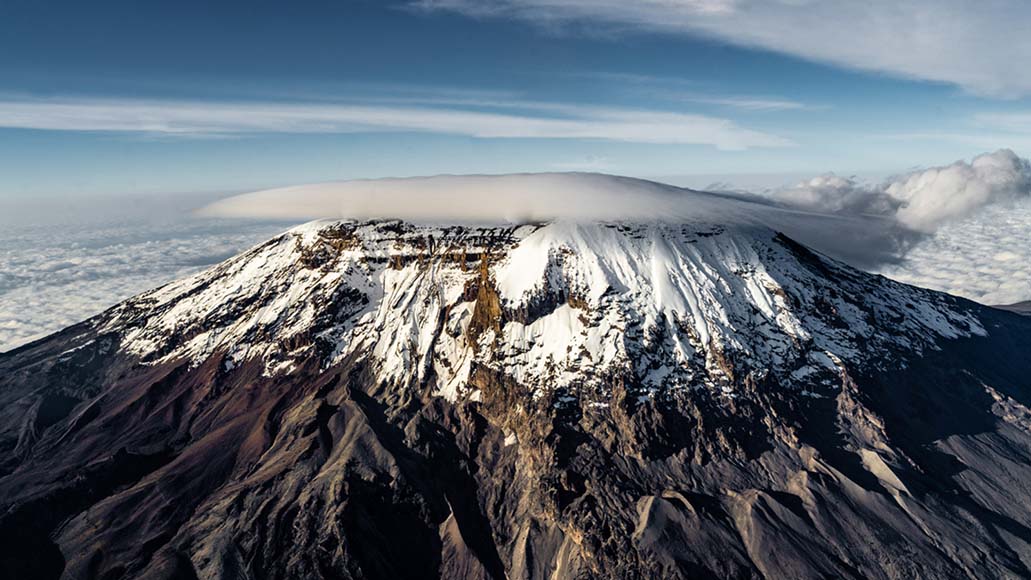
Ensuring Fair and Ethical Treatment of Porters on Mount Kilimanjaro
Introduction to the Role of Porters on Mount Kilimanjaro
Porters are indispensable to Mount Kilimanjaro expeditions. These diligent individuals shoulder the responsibility of carrying heavy loads, often comprising climbers’ gear, food supplies, and camping equipment. Their role extends beyond mere transportation; porters are the backbone of the trekking experience, ensuring that climbers can focus on the ascent without being bogged down by the physical burden of their belongings.
In addition to carrying gear, porters are responsible for setting up and dismantling camps at various stages of the climb. This includes erecting tents, preparing cooking areas, and sometimes even assisting with meal preparation. Their efforts create a comfortable and organized environment that is crucial for climbers to rest and recuperate before continuing their journey.
The physical demands placed on porters are immense. They often traverse the same challenging terrains as the climbers, all while bearing significant weight on their backs. The high altitudes and unpredictable weather conditions on Mount Kilimanjaro add to the complexity of their task, making the role physically taxing and requiring substantial endurance and resilience.
Despite these challenges, the importance of porters cannot be overstated. Their support is vital for the success of any climbing expedition on Mount Kilimanjaro. Without their assistance, many climbers would find it exceedingly difficult, if not impossible, to reach the summit. Porters’ contributions ensure that each expedition runs smoothly, safely, and efficiently, underscoring their essential role in the climbing experience.
Current Challenges and Issues Faced by Porters
Porters on Mount Kilimanjaro face a myriad of challenges that severely impact their well-being and livelihoods. One of the most pressing issues is the low wages they receive. Despite the physically demanding nature of their work, many porters are paid meager amounts that barely cover their basic needs. This financial strain is further exacerbated by the lack of legal protections and representation, leaving porters vulnerable to exploitation by tour operators and trekking companies.
Inadequate gear is another significant challenge for porters. Many are forced to carry heavy loads without proper footwear, clothing, or equipment, which increases their risk of injury and illness. The harsh weather conditions on Mount Kilimanjaro, ranging from scorching heat to freezing temperatures, necessitate robust gear that most porters simply do not have access to. This lack of essential equipment not only hampers their ability to perform their duties efficiently but also endangers their health and safety.
Moreover, porters often endure poor working conditions. Overloading is a common practice, with some porters carrying up to twice the recommended weight. This excessive burden, coupled with long trekking hours and minimal rest, leads to severe physical strain and chronic health issues. The absence of proper medical facilities and support further aggravates these conditions, leaving porters to fend for themselves in emergencies.
The lack of legal protections and representation for porters is a critical issue that contributes to their exploitation and mistreatment. Without a formal entity to advocate for their rights, porters have little recourse against unfair practices. This power imbalance allows unscrupulous operators to exploit porters with impunity, perpetuating a cycle of poverty and hardship. Real-life stories and testimonials from porters reveal the daily struggles they face, highlighting the urgent need for improved treatment and better working conditions.
One porter, John, shares his experience: “We climb the mountain with heavy loads, often without proper shoes or jackets. Sometimes, we eat only once a day. We need better wages and gear to do our job safely.” Such testimonials underscore the importance of addressing these challenges to ensure fair and ethical treatment of porters on Mount Kilimanjaro.
Organizations and Initiatives Promoting Fair Treatment
Ensuring the fair and ethical treatment of porters on Mount Kilimanjaro is a critical concern addressed by several organizations and initiatives. The Kilimanjaro Porters Assistance Project (KPAP) stands at the forefront of these efforts. KPAP’s mission is to improve the working conditions of porters by advocating for better wages, proper equipment, and comprehensive training. Through its rigorous monitoring and evaluation system, KPAP ensures that porters are not overburdened and are provided with adequate clothing, shelter, and food during their expeditions.
Another significant player is the International Mountain Explorers Connection (IMEC), which collaborates closely with KPAP. IMEC focuses on fostering responsible tourism practices and has developed a Partner for Responsible Travel Program. This program certifies tour operators that comply with ethical guidelines, ensuring that porters receive fair pay and humane treatment. By choosing certified operators, trekkers contribute to the sustainability of the local communities and the preservation of Mount Kilimanjaro’s unique environment.
Certification programs play a pivotal role in promoting ethical practices. These programs set stringent standards for tour operators, requiring them to adhere to specific guidelines regarding porter treatment. Tour operators that meet these criteria are awarded certification, which serves as a mark of trust for potential clients. This not only helps in maintaining ethical standards but also encourages more operators to adopt fair practices in their operations.
Partnerships with tour operators are integral to the success of these initiatives. By working collaboratively, organizations like KPAP and IMEC can ensure that ethical practices are implemented and maintained across the industry. These partnerships often involve regular audits, feedback mechanisms, and continuous improvement processes to uphold the standards of porter treatment.
Overall, the combined efforts of organizations like KPAP and IMEC, along with certification programs and strategic partnerships, are instrumental in safeguarding the rights and well-being of porters on Mount Kilimanjaro. Their work not only enhances the quality of life for porters but also promotes a more sustainable and responsible tourism industry.
Steps Climbers Can Take to Support Ethical Treatment
Climbers embarking on a journey to Mount Kilimanjaro have a significant role to play in ensuring the ethical treatment of porters. One of the most impactful steps is to choose responsible tour operators. It is essential to research and select companies that are transparent about their commitment to fair labor practices. Look for operators who are members of organizations such as the Kilimanjaro Porters Assistance Project (KPAP), which sets standards for porter welfare.
Verifying a company’s commitment involves more than just taking their word for it. Climbers should inquire about the wages, working conditions, and benefits provided to the porters. Operators adhering to ethical guidelines will be open to sharing this information. Furthermore, it is worthwhile to seek reviews and testimonials from previous climbers who can vouch for the operator’s practices.
Directly supporting initiatives that benefit porters is another effective measure. Many organizations and charities work to improve porter welfare by providing education, health care, and equipment. Donations and participation in these programs can make a substantial difference in the lives of porters and their families.
Fair tipping is a crucial aspect of supporting porters. Climbers should ensure they tip generously and in accordance with the guidelines set by reputable organizations. A fair tip acknowledges the hard work and dedication of the porters and contributes to their overall earnings.
Advocating for porter rights extends beyond the climb. Climbers can raise awareness about the challenges porters face by sharing their experiences and supporting campaigns that promote ethical treatment. This advocacy can lead to broader changes in industry standards and public perception.
By taking these steps, climbers can make informed decisions that not only enhance their own experience but also contribute to the well-being and fair treatment of porters on Mount Kilimanjaro.
Recent Posts
What is a Game Drive?
Top Reasons Why Tanzania Should Be Your Safari Destination
Tags




